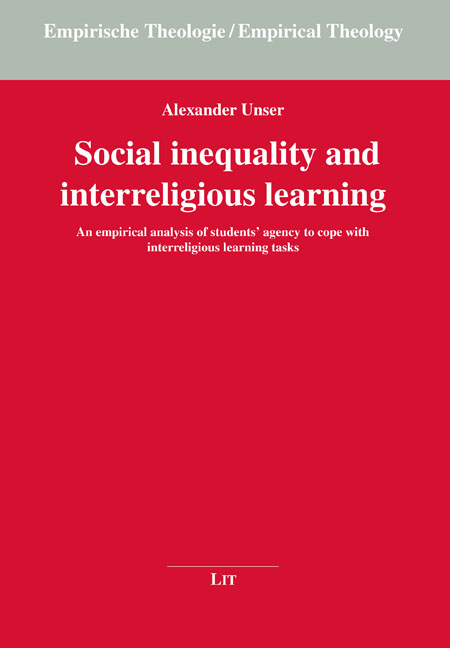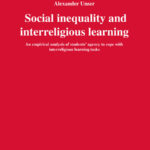Beschreibung
Interreligious learning is viewed as a key educational task today. Increasing religious plurality in our societies and associated risks of societal tensions and conflicts necessitate that students deal at school with other religions, their belief systems, and the social reality of those who believe in them. Although several international studies have shown that some categories of students are at risk to be disadvantaged at school because of social inequality, this problem is currently not considered in theories of interreligious learning. Therefore, the present study investigates whether or not categories of students are disadvantaged in interreligious learning. In addition to theological and pedagogical insights about the problem of social inequality, this book presents an empirically validated action-theoretical model which helps to understand why some students have better or worse opportunities in interreligious learning. The action-theoretical model further proposes strategies to address unequal learning conditions in interreligious learning.
Alexander Unser (1986) works as a research associate at the Chair of Religious Education of the University of Würzburg


